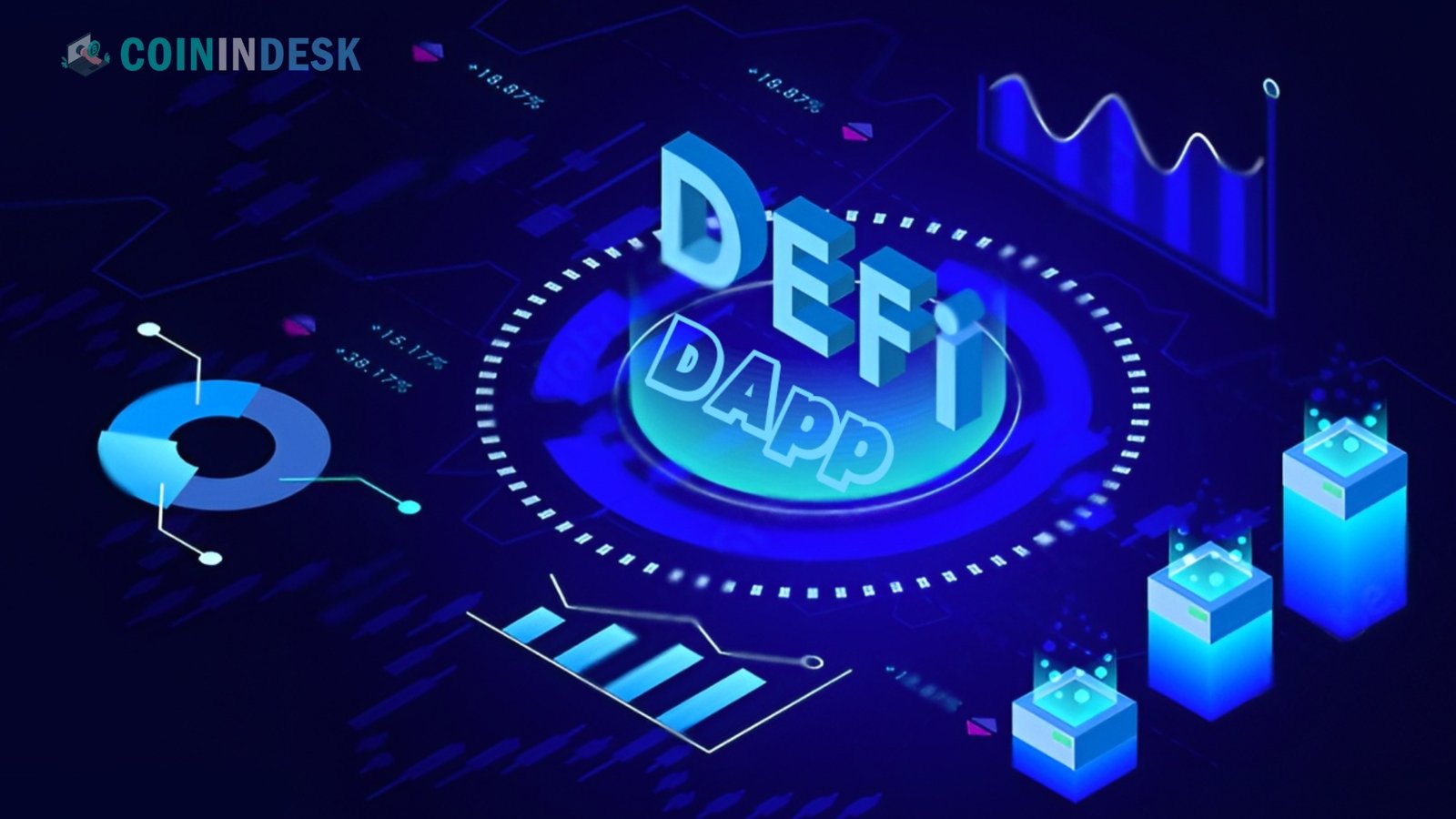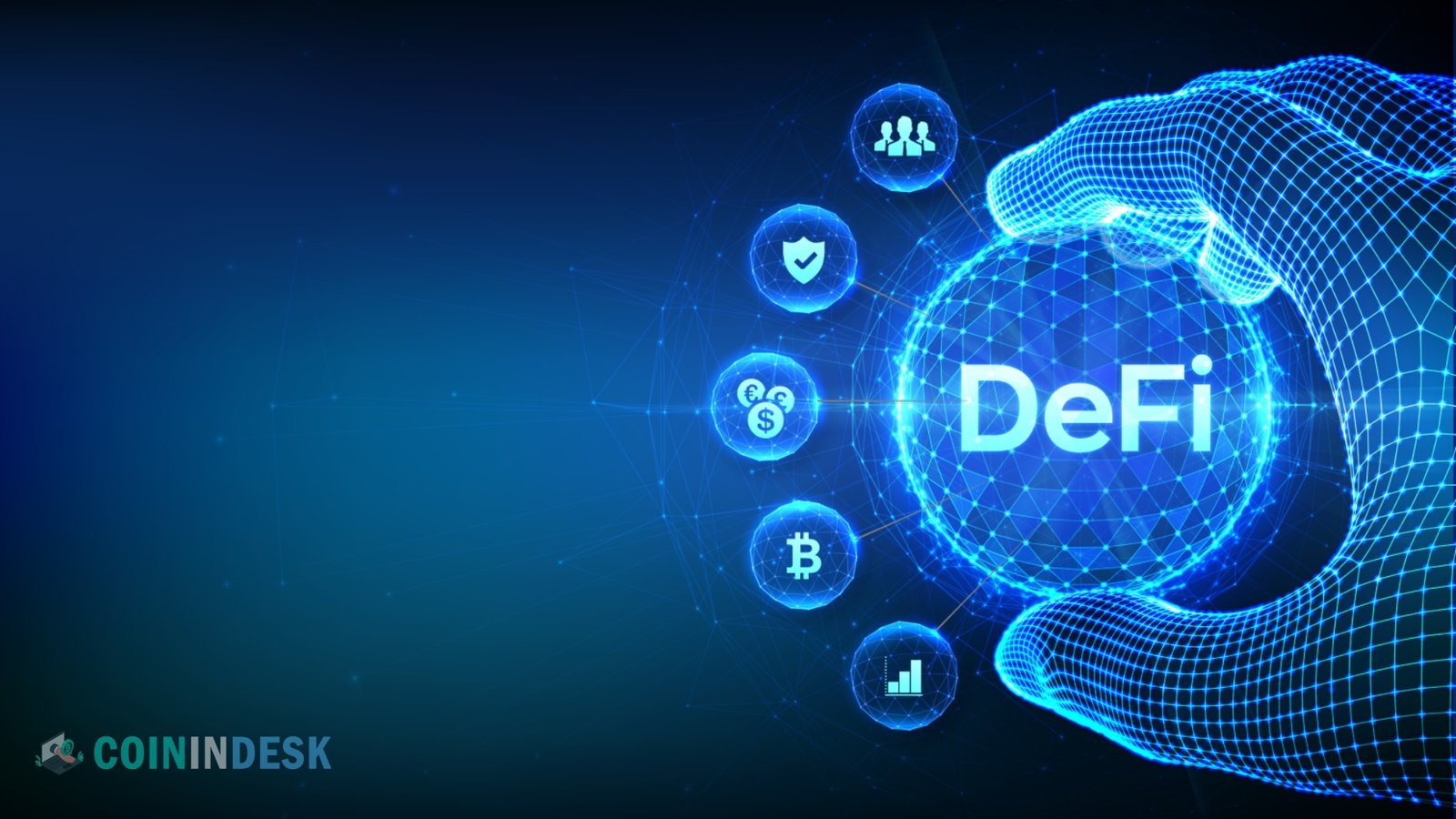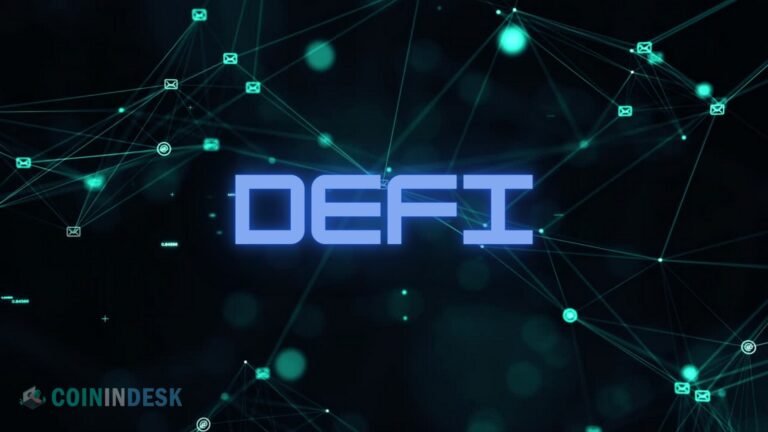DeFi Development Company: By providing an alternative to conventional financial systems that are decentralized, open, and permissionless, decentralized finance (DeFi) has shaken up the financial sector. Using blockchain technology, DeFi facilitates peer-to-peer financial transactions, trades, loans, and borrowing without the involvement of traditional intermediaries like banks. Companies specializing in decentralized finance (DeFi) development are driving this industry’s expansion. Discover the ins and outs of a DeFi development business, its services, and the factors to consider while selecting.
What is a DeFi Development Company?
A DeFi development company’s forte is making apps for blockchain networks like Ethereum, Binance Smart Chain, and others for decentralized financial apps (dApps). These businesses have the know-how to plan, build, and launch DeFi systems that pave the way for decentralized exchanges, liquidity pools, smart contract generation, and more.
DeFi companies use smart contracts, self-executing contracts with terms written directly into code to ensure confidence, transparency, and security in financial transactions. This eliminates the need for intermediaries.
Core Services Offered by DeFi Development Companies
DeFi development companies offer various services to build decentralized applications (dApps) and platforms tailored to various financial use cases. These include:
Defi dApp Development
Businesses specializing in decentralized financial infrastructure (DeFi) design and build apps that give customers decentralized access to financial services. Among the many possible services offered by these decentralized applications are staking, yield farming, borrowing, and lending. Additionally, the companies ensure these decentralized applications are secure and easy to use so end users have a smooth experience.
Smart Contract Development
The foundation of every DeFi platform is smart contracts. Smart contracts that enable decentralized transactions are written, audited, and deployed by DeFi development businesses. Because of the high stakes involved, smart contracts must be accurate and secure. Smart contracts are subject to extensive audits by top-tier DeFi developers before implementation.
Token Creation and Management
In DeFi ecosystems, tokens play an essential role. Businesses and entrepreneurs can get assistance from DeFi development companies in making and managing tokens that adhere to various blockchain standards, such as Ethereum’s ERC-20 standard. These coins have multiple uses within decentralised apps, including governance, staking, and trade.
Liquidity Pool Development
Decentralized financial platforms, especially DEXs, rely on liquidity pools to run smoothly. Users can use these pools to lend their assets to the platform, increasing trading liquidity and offering incentives. Companies specializing in DeFi development construct these liquidity pools focusing on efficiency and security.
Decentralized Exchange (DEX) Development
With decentralized exchanges, users may buy and sell cryptocurrencies directly without intermediaries, making it one of the most widely used DeFi applications. Developers specializing in decentralized financial infrastructure (DeFi) create DEX platforms that are secure, lightning-fast, and can process massive amounts of transactions easily.
Defi Wallet Development
To safely store cryptocurrency and engage with decentralized services, users can utilize DeFi wallets. If you need a wallet that works with several blockchains and decentralized applications (dApps), you can hire a DeFi development company to make one for you. Among the many DeFi features supported by these wallets are staking and governance voting.
Defi Staking and Yield Farming Platforms
Among the many things people do in the DeFi realm, staking and yield farming rank high. Locking up tokens for network security is known as staking, and users can earn incentives by providing liquidity to DeFi protocols through yield farming. DeFi development firms plan and construct corresponding platforms to facilitate these pursuits and encourage participation and financial gain from users.
Governance Systems
In DeFi protocols, decentralized governance is fundamental. Token holders can vote on important choices such as protocol upgrades and feature integrations through governance systems created by DeFi development businesses. By making decisions more accessible, the community will have a voice in shaping the platform’s future.
The Technology Behind DeFi Development
Developing a robust and secure DeFi platform requires expertise in several cutting-edge technologies, including:
Blockchain Technology
Ethereum’s capabilities for smart contracts make it the most popular blockchain network on which DeFi applications can be built. Binance Smart Chain, Polkadot, and Solana are among the other famous blockchains that are seeing significant growth in popularity. The chosen blockchain heavily influences the DeFi application’s perturbance and scalability.
Sma features Contract Languages.
Solidity is the language used to build a smart contract on the Ethereum network. Vyper and Rust, on the other hand, are becoming increasingly popular, particularly on Polkadot and Solana blockchains. To build efficient and secure smart contracts, deFi development companies must be fluent in these languages.
Decentralized Storage Solutions
To keep the decentralization principles alive, decentralized storage is essential for DeFi apps. Decentralized storage solutions, such as IPFS (InterPlanetary File System) and Filecoin, provide secure and accessible data storage without depending on a centralized authority.
Challenges in DeFi Development
Even though DeFi presents many advantages, it also presents several obstacles that DeFi development businesses need to handle to guarantee the success of their platforms.
Security Risks
Hackers target DeFi platforms because of the massive quantities of funds they manage. Threats to the security of DeFi platforms include flaws in smart contracts, an absence of thorough code audits, and flash loan assaults. To reduce these dangers, a trustworthy DeFi development business should employ best practices and prioritise security assessments.
Scalability
During periods of excessive usage, DeFi systems, particularly on Ethereum, may have sluggish transaction speeds and hefty costs. To solve scalability problems, DeFi development companies should use layer-2 scaling or switch to a more scalable blockchain, such as Binance Smart Chain or Solana.
Regulatory Compliance
Authorities are looking more closely at DeFi platforms because of the financial transactions they facilitate and the fact that they operate worldwide. It is a delicate balancing act that DeFi development businesses must negotiate to ensure decentralization while still complying with local and international legislation.
How to Choose the Right DeFi Development Company
When selecting a DeFi development company, businesses should consider several factors:
Experience and Expertise
Try to find a company with a demonstrated history of success in developing DeFi platforms. It is important to review their portfolio and testimonials from previous customers to verify their technical abilities and experience to deliver a successful project.
Security Audits
DeFi places a high priority on security. Selecting a company that prioritises security and performs comprehensive audits of its platforms and smart contracts is important. Try to find businesses collaborating with reliable third-party security organizations to conduct audits.
Technology Stack
The organization ought to have a solid knowledge of blockchain technology and smart contract languages pertinent to the situation. In addition, they should have experience working with decentralized storage systems and be conversant with the various protocols used by DeFi.
Read More: DeFi Development: Steps for Developing DeFi Apps
Post-Launch Support
Maintenance and updates are necessary after the launch of a DeFi platform. You should ensure the company provides post-launch assistance, including correcting bugs, upgrades, and improvements.
Final Thoughts
DeFi development companies are in the vanguard of the decentralized finance revolution when providing cutting-edge solutions that disrupt established financial systems. These businesses provide their customers safe, efficient, and transparent banking services using smart contracts and blockchain technology. Nevertheless, development businesses specializing in DeFi still face significant security, scalability, and regulatory obstacles. Consider the development company’s track record, knowledge, security measures, and dedication to post-launch assistance before hiring them to build your DeFi. Businesses may thrive in the DeFi ecosystem and unlock their limitless potential with the support of the correct partner.
FAQs
Q1.What is a DeFi development company?
A DeFi development company uses blockchain technology to build decentralized finance (DeFi) platforms and applications (dApps). These companies create solutions for decentralized exchanges, smart contract development, token creation, liquidity pools, staking platforms, and other financial services without intermediaries like banks.
Q2.What services do DeFi development companies offer?
DeFi development companies offer a wide range of services, including DeFi dApp development, smart contract creation and auditing, decentralized exchange (DEX) development, token creation, DeFi wallet development, liquidity pool development, and governance system implementation.
Q3.How can I ensure the security of a DeFi platform?
Security is paramount in DeFi development. Choose a DeFi development company that prioritizes security through rigorous smart contract auditing, regular code reviews, and security protocols to minimize vulnerabilities. It’s also crucial that the company works with third-party security firms to validate the platform’s safety.
Q4.What should I consider when selecting a DeFi development company?
When choosing a DeFi development company, consider their experience and expertise in blockchain technology, portfolio of previous projects, security practices, scalability solutions, and post-launch support. Client testimonials and third-party audits are also essential factors to assess.


